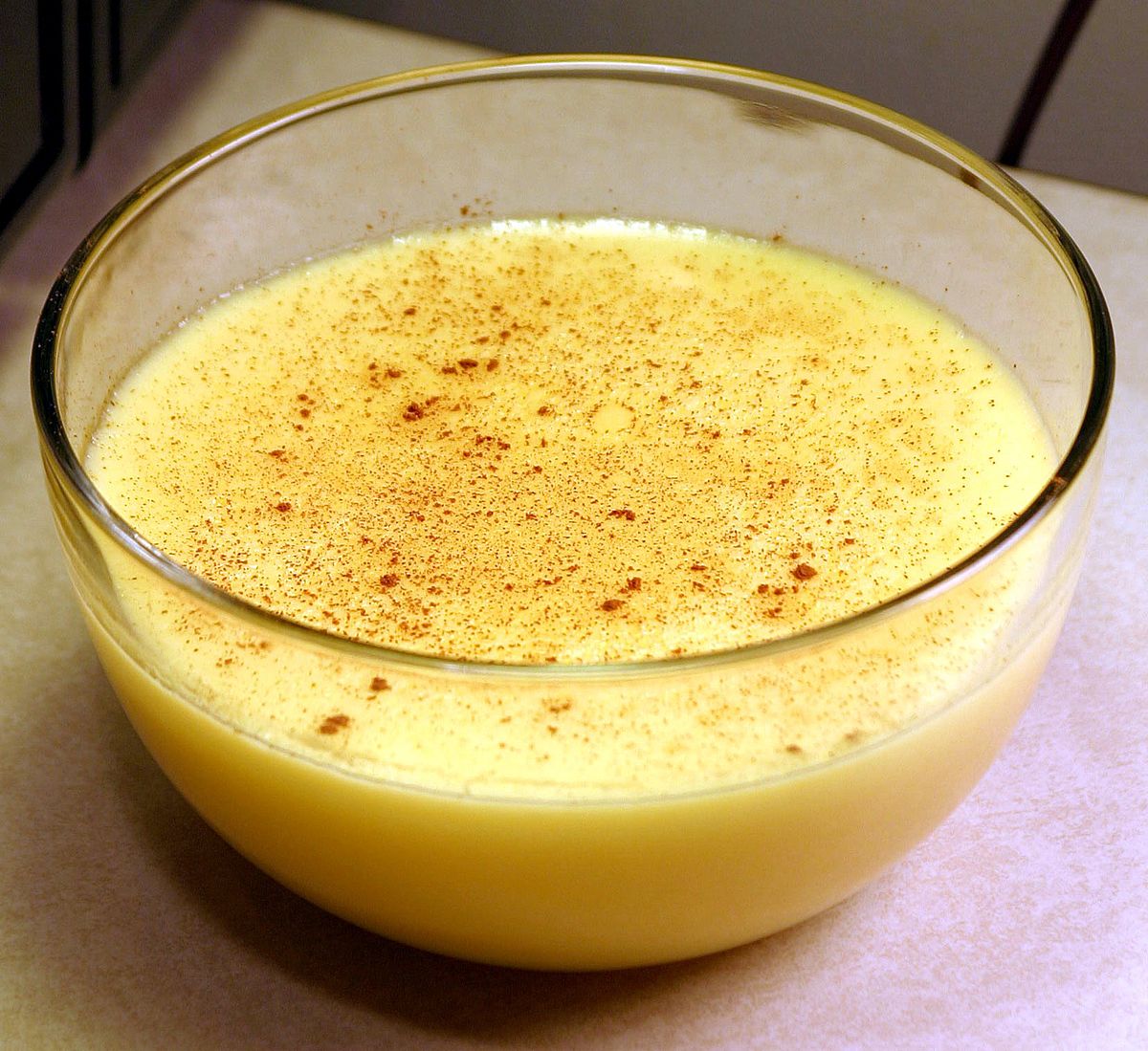
Custard, a creamy and luscious dessert, has been enjoyed by people for centuries. Made from a combination of eggs, milk, sugar, and flavorings, custard is a versatile treat that can be enjoyed in various forms, from classic vanilla custard to decadent fruit-flavored versions.
But custard isn’t just delicious; it also offers numerous nutritional benefits. Packed with essential vitamins and minerals, custard can be a guilt-free indulgence when consumed in moderation. In this article, we will explore the nutrition facts of custard and uncover the health benefits it provides. So, whether you’re a custard fan looking to learn more about its nutritional value or simply curious about the health benefits of this beloved dessert, you’ve come to the right place!
Key Takeaways:
- Custard is a nutritious treat rich in calcium, protein, essential vitamins, and healthy fats. It’s low in sodium, provides antioxidants, and aids digestion, making it a delicious and versatile option for energy and overall health.
- Individuals with lactose intolerance can enjoy custard made with lactose-free milk. It’s a tasty source of energy, easy to digest, and can be enjoyed on its own or as a delightful ingredient in various desserts.
Rich in Calcium
Custard is a great source of calcium, which plays an essential role in maintaining strong bones and teeth.
Good Source of Protein
Custard contains high-quality proteins, which are necessary for building and repairing tissues in the body.
Provides Essential Vitamins
Custard is rich in vitamins, such as vitamin B12 and riboflavin, which are important for energy production and maintaining a healthy nervous system.
Contains Healthy Fats
Custard contains natural fats, which are required for the absorption of fat-soluble vitamins and provide a source of energy.
Low in Sodium
Custard is usually low in sodium, making it a suitable option for individuals on a low-sodium diet.
Provides Antioxidants
Custard contains antioxidants that help fight against cell damage caused by free radicals in the body.
Contains Essential Minerals
Custard is a good source of minerals such as potassium and phosphorus, which are important for maintaining proper bodily functions.
May Aid in Digestion
Custard is easy to digest, making it a suitable option for individuals with sensitive digestive systems.
Provides Energy
Custard is a rich source of carbohydrates, which provide the body with the energy it needs to function on a daily basis.
Can be Enjoyed by Individuals with Lactose Intolerance
Custard made with lactose-free milk can be a suitable option for individuals with lactose intolerance, as it is easier to digest.
Versatile and Delicious
Custard can be enjoyed on its own or used as an ingredient in various desserts, making it a versatile and delicious treat.
Conclusion
In conclusion, custard is a delicious and versatile dessert that can be enjoyed in many different ways. It offers a wide range of nutritional benefits, including being a good source of protein, calcium, and vitamins. However, it is important to consume custard in moderation, as it can be high in calories and sugar. By understanding the nutrition facts of custard and making mindful choices, you can still enjoy this creamy treat as part of a balanced diet.
FAQs
Q: Is custard a healthy dessert option?
A: While custard does offer some nutritional benefits, it is important to consume it in moderation due to its high calorie and sugar content.
Q: Can custard be a good source of protein?
A: Yes, custard made with eggs can provide a decent amount of protein, which is important for muscle repair and growth.
Q: Does custard contain calcium?
A: Yes, custard made with milk is a good source of calcium, which is essential for strong bones and teeth.
Q: Can custard be included in a balanced diet?
A: Yes, custard can be enjoyed as part of a balanced diet when consumed in moderation and paired with other nutritious foods.
Q: Can custard be a suitable dessert for people with dietary restrictions?
A: Custard can be adapted to suit different dietary needs by using alternative ingredients such as dairy-free milk or sugar substitutes, making it suitable for some individuals with dietary restrictions.
Was this page helpful?
Our commitment to delivering trustworthy and engaging content is at the heart of what we do. Each fact on our site is contributed by real users like you, bringing a wealth of diverse insights and information. To ensure the highest standards of accuracy and reliability, our dedicated editors meticulously review each submission. This process guarantees that the facts we share are not only fascinating but also credible. Trust in our commitment to quality and authenticity as you explore and learn with us.
